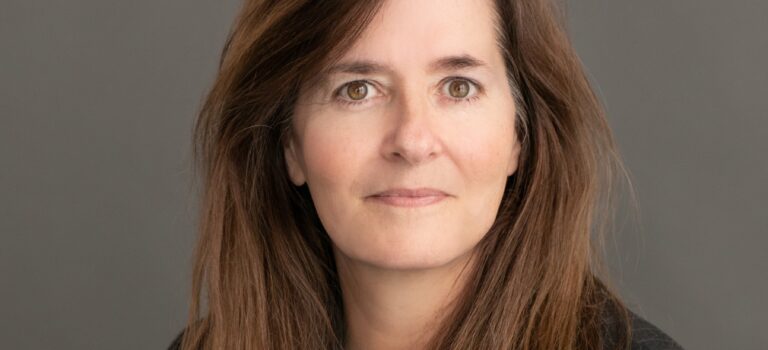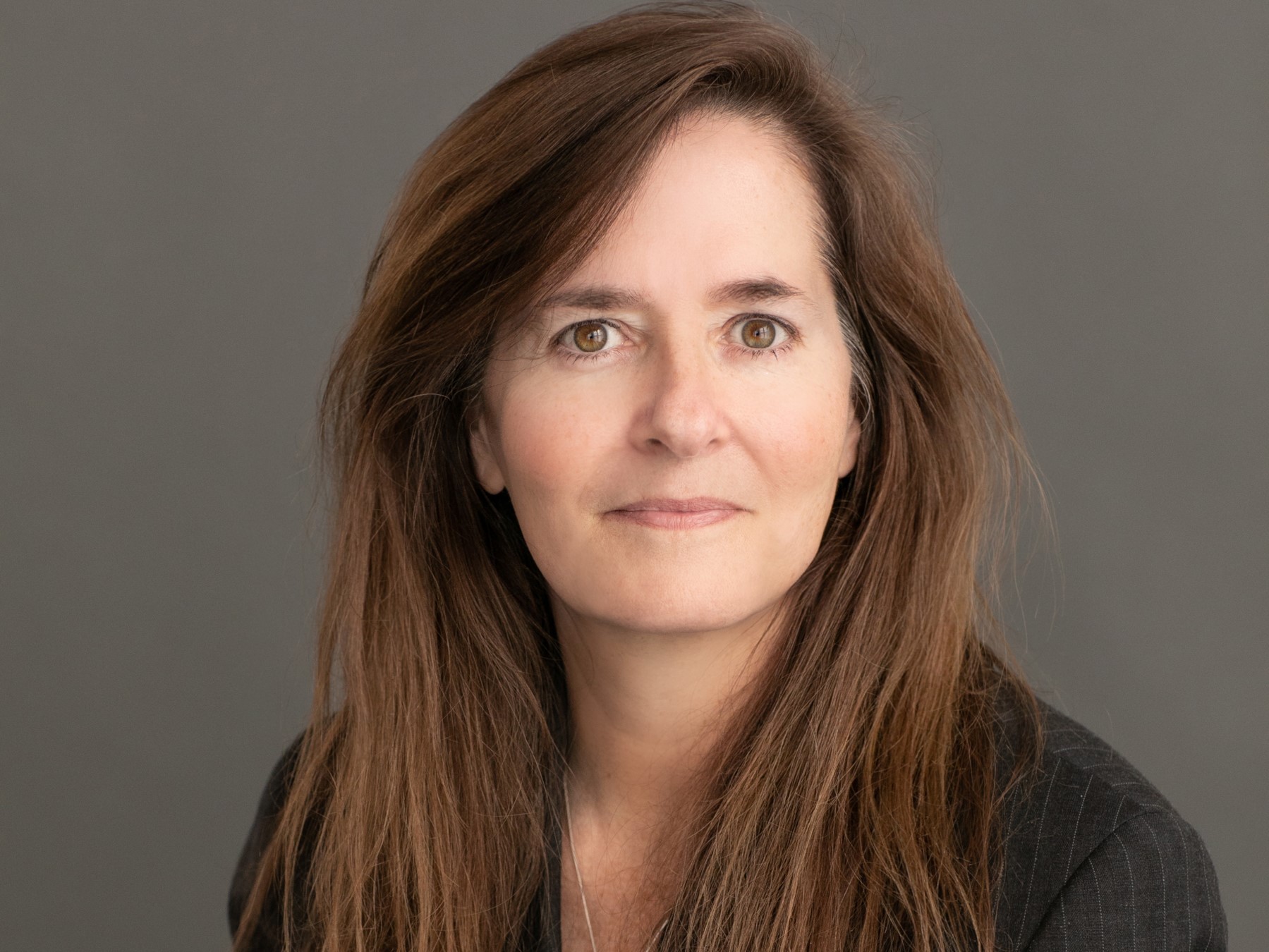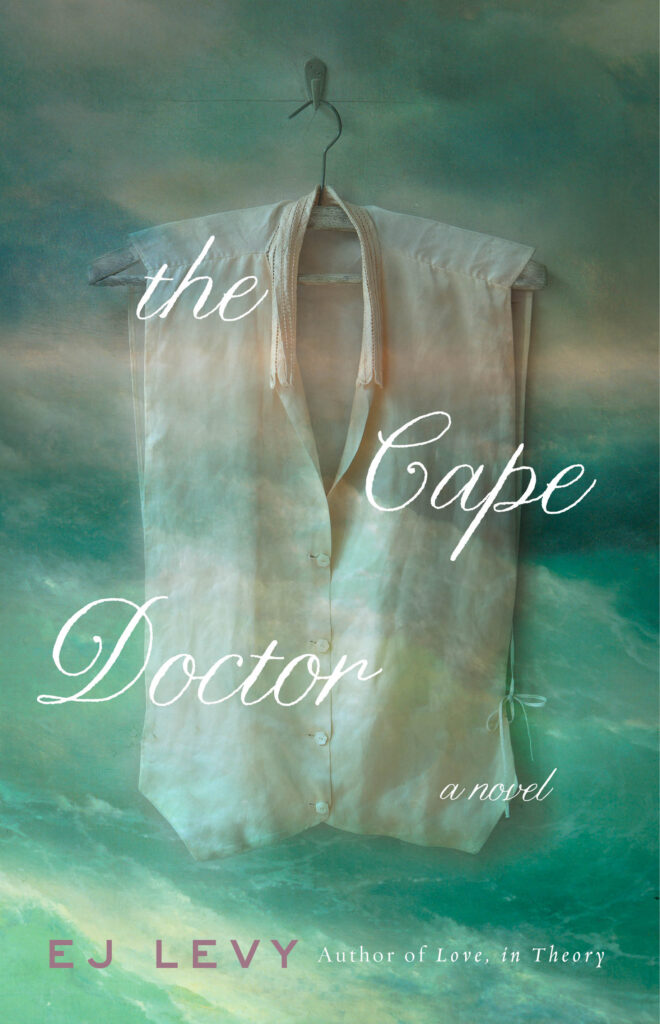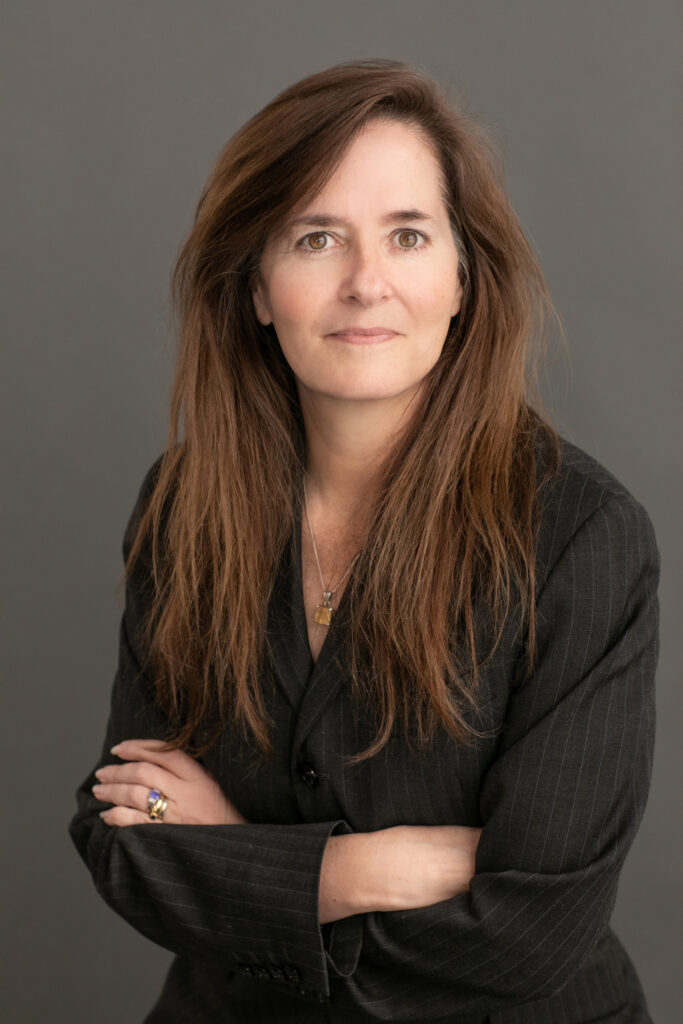Superstition Review is excited to share a podcast project planned and produced by SR intern Claire van Doren. In this four-episode audio series, Claire will be talking with SR’s queer contributors. In today’s episode, Claire interviews EJ Levy, whose work has been published in The Best American Essays, The New York Times, The Washington Post, The Nation and The Paris Review. Her writing has received a Pushcart Prize, as well as many other awards. She holds a degree in History from Yale and an MFA from Ohio State University. To learn more, visit her website.
The following transcript has been edited for clarity. Credit goes to FreeSound.org for the sound effects.
Claire van Doren: Hi! My name is Claire van Doren, and you’re listening to the Superstition Review Pride Community Project. Today we’ll be hearing from EJ Levy. She’ll be discussing her experiences with the queer community and how it impacts her work. This is one of four pride community specials. Stick around to hear from more of Superstition Review’s queer contributors.
[Phone ringing]
EJ Levy: I’m EJ Levy. I’m a lesbian, non-binary writer of fiction and nonfiction. I’m the author of The Cape Doctor, which came out from Little Brown. The book was a New York Times’ book review editor’s choice, and a Barnes & Noble Book of Summer pick. Prior to that, my story collection More than Theory won the Flannery O’Conner Award, among other prizes, and was the finalist for the Land of Literary and Edmond White awards. My anthology Tasting Life Twice: Literary Lesbian Fiction by New American Writers was published by Harper Perennial and won a Lambda Award. And I finally also have an obscure feminist eco-memoir titled Amazons: A Love Story that I allow almost no one to read.
Before I got up the courage to write, I worked as an independent film and home magazine editor in New York City. I edited an LGBTQ newspaper in New Mexico and was an environmental activist. I’m currently faculty in the MFA program at Colorado State University, having previously been on the MFA faculty at American University in DC, and the PhD program in literature and creative writing at the University of Missouri Colombia.
As a young, aspiring writer, I found my way, honestly, to my life—and to the page—through the work of brilliant writers who walked that path. And among them, Audre Lorde, Edmund White, Gertrude Stein, Christopher Ishwerood, Adrienne Rich, David Leavitt, Jeanette Winterson, Toni Morrison, Leslie Marmon Silko—to name a few.
I got to say that when I was in college, I studied Latin American studies and economics. And then I drifted toward a degree in History after a pretty disastrous year in the Brazilian Amazons. I wanted to write, but I didn’t want to write fiction because I didn’t think fiction told a true story. It always seemed to me that stories in books were too shapely, too crafted. That they were a lie against our experience. And after I finished college, a roommate had a copy of Virginia Woolf’s To the Lighthouse. And I had moved towns and having trouble coming out… And I read To the Lighthouse, and I thought it was a vision of why—it was so awake, even if what it’s portraying is often very simple: a dinner, an effort to paint a picture, a trip to a lighthouse. But I thought, “This is what it is to be awake and to be alive.” And so that book literally saved my life and also brought me to fiction. It made me want to write fiction. And I became a bit of a completist and read everything of Woolf’s. I read a few books about Woolf and was really pleased when one scholar told me that I could be a Woolfian, that I knew so much about the obscure, that she considered me a Woolfian.
But I would really recommend that practice. To let ourselves fall deeply in love with writers, artists, and musicians, and to the whole of their work. Partly because I think it teaches us that when we’re making stuff, sometimes we achieve it pretty fully—and sometimes not so much. I’ve always found a brilliant mind really attractive in friends and in partners. But I’ve also known and loved a lot of people sexually or in my family who were very smart, or inept, at love. So I think that it can be hard to trust the body and its desires and be vulnerable, especially if you live in your head a lot, and especially if you grow up queer in a heteronormative culture—as we do. It’s easy to second guess oneself, and to think too much of love and desire and maybe talk your way out of it—as I often d0. And maybe go astray, instead of trusting your heart.
So writing these stories in my collection—when I was an MFA student—which considers relationships through the lens of a scholarly theory of a kind, whether it’s economic theory or political science. Writing each of the stories was a way of finding my way back to a love story that I could believe in. I kind of—I could trust as I wrestled with questions of desire and monogamy—what it is to be faithful, what it is to be honorable in love. It was also about the fact that in my early thirties, I learned—as my mother did—that my father had been cheating for forty years. It explained a lot, but for me it was also an ambivalent discovery—because I felt, “Thank God,” that there was more authentic desire happening somewhere in the landscape. Even as I thought and understood that he’d made a lie of the relationship with my mom. So I was trying to wrestle through what it is to be faithful. It was a way of finding my way back to a love that I could believe in.
And maybe not surprisingly, after that, I finally was able to settle down.
[Phone hangs up]
CVD: Thanks for joining us! Be sure to check out our YouTube page for more audio and video content, as well as our official Superstition Review blog.
Tune in next Wednesday for the second episode of the Pride Community Project!




